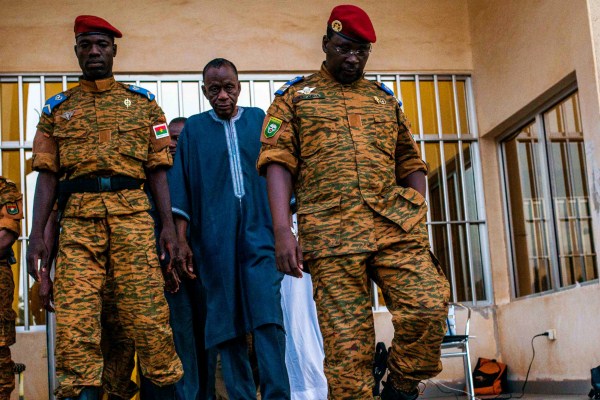Late last month, the transitional government of Burkina Faso officially announced that presidential and legislative elections would take place in October. That came after two months of lengthy negotiations between the new government and the Independent National Electoral Commission, known by its French acronym, CENI, along with political leaders and civil society. The elections will formally conclude a consensus-based but nevertheless precarious political transition. It will also mark the one-year anniversary of popular protests that forced the resignation of Blaise Compaore, who ruled Burkina Faso for 27 years.
After the violent demonstrations last October against Compaore’s attempts to modify constitutional term limits to remain in power, Burkina Faso’s long-time president stepped down and fled the country, finding refuge in neighboring Cote d’Ivoire. Compaore’s departure was followed by two weeks of uncertainty and confusion, during which Burkina Faso’s army chief, Gen. Honore Nabere Traore, and Lt. Col. Yacouba Isaac Zida, a member of Compaore’s former presidential guard, both claimed the presidency within a 24-hour period.
By November, an agreement was reached between the military and Burkina Faso’s religious, political and civil society leaders, paving the way for the return of constitutional order and democracy. The essence of the agreement was to ensure that civilians, not generals, led the transition. Yet while the agreement rejected the army takeover, it provided room for the military in all decision-making institutions, including the government.

